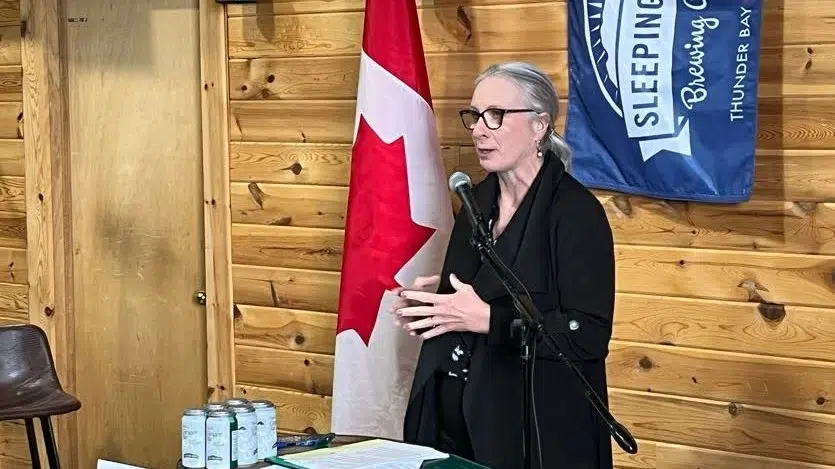
File Photo
A resolution by the Assembly of First Nations opposing the federal gun bill, C-21, means the need to consult on matters that normally wouldn’t be associated as intersecting with treaty rights needs to be considers according to Indigenous Services Minister Patty Hajdu.
“For me this is an opportunity again to really slow down, take stock of what the AFN and others have said about particular models that are on the list that is with the committee that are commonly used for hunting or food gathering purposes.”
While it was originally proposed to primarily counter handgun crime, a recent amendment added several firearm models, such as the SKS, onto a list of firearms that would be banned should the bill come to pass. That move has upset many hunters, both Indigenous and non-Indigenous.
Hajdu says she wants to hear from those who could be affected by the amendment.
“I said this to the Game and Fishing Association in Thunder Bay, but I would say this to also Indigenous stakeholders ‘Its really helpful for us, as Members of Parliament as Cabinet Ministers, to know which those models are’ because, in fact, there’s pretty few on the list that are routinely used for hunting.”
Hajdu notes at least two more committee meetings on C-21 are being added to allow for more discussion.
While the Assembly of First Nations is publicly opposing the bill, Hajdu says there are still many Indigenous leaders who want the government to proceed on ways to reduce gun violence in communities.



